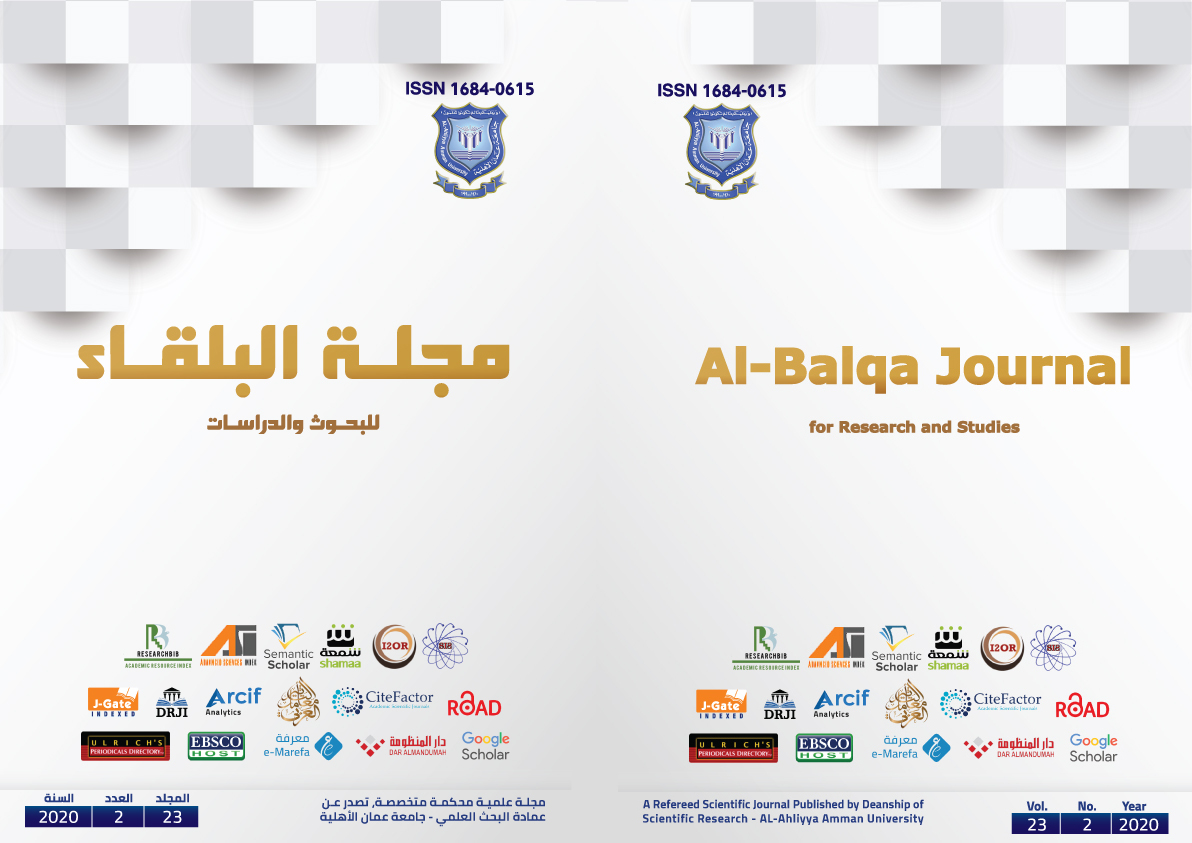Al-Balqa Journal for Research and Studies البلقاء للبحوث والدراسات

Abstract
The study aims at shedding light on the issue of the legal regulation of diplomatic immunities and privileges and the requirements of the mission entrusted to him with several advantages, and the problems they raise for misuse by members of permanent diplomatic missions, as they are protected from the rules of public international law, including criminal judicial procedures of the sending state. The issue that the research discusses, emerges from the political and other changes that have occurred in the international community, most notably, ways to deal, especially after the Second World War, to restrict criminal judicial immunity, the threat to national security forced some countries to exercise their jurisdiction actually via some diplomats, and therefore it was necessary to stand on the knowledge of the limits of immunity judicial criminal granted to the diplomatic envoy. The study finds that those enjoying many diplomatic immunities and privileges, including what is judicial, some of which are related to personal freedom and others, based on the requirements of their job, in addition to that immunity does not mean escaping responsibility, and the consequent is the difference in the courts that adjudicate the pending case. The study recommends amending the text of the Convention to suit the developments and developments in Article (27) by placing special restrictions on electronic correspondence and enacting international legislation that confirms that the envoy enjoys immunities and privileges during his transit from the third country by placing this on his passport
Recommended Citation
AlKhatatneh, Anas
(2023)
"Legal regulation of diplomatic immunities and privileges,"
Al-Balqa Journal for Research and Studies البلقاء للبحوث والدراسات: Vol. 26:
Iss.
1, Article 2.
Available at:
https://digitalcommons.aaru.edu.jo/albalqa/vol26/iss1/2

